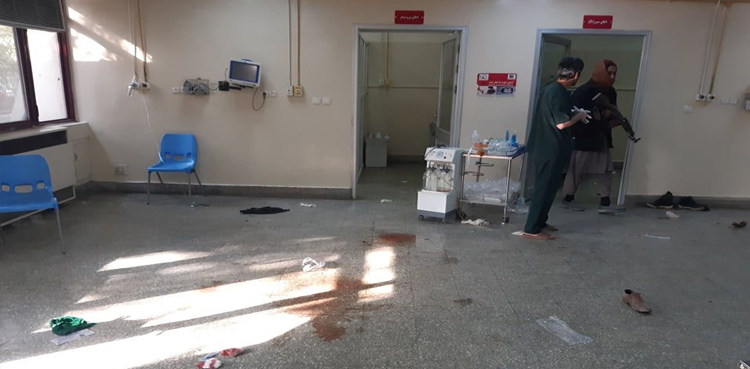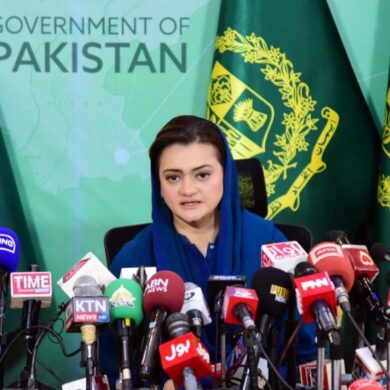According to officials, gunmen assaulted Afghanistan’s largest military hospital following two major blasts at the location in central Kabul, killing at least 25 people and injuring more than 50.
According to Taliban spokesman Zabihullah Mujahid, the blasts damaged the entrance of the 400-bed Sardar Mohammad Daud Khan hospital and were followed by an attack by militant Islamic State (IS) militants, all of whom were dead within 15 minutes.
According to him, Taliban special forces dropped by helicopter stopped the attackers from entering the hospital, killing them all at the door or in the courtyard. Another spokesperson reported earlier that one of the attackers had been apprehended.
The bombings add to a growing list of attacks and fatalities since the Taliban declared victory over the Western-backed government in August, casting doubt on the Taliban’s claim to have brought peace to Afghanistan after decades of war.
Although there was no immediate claim of responsibility, the operation was typical of ISIS’s intricate strikes. It comes after a series of explosions by the organization that has emerged as the most serious threat to Taliban control in Afghanistan.
According to a Taliban security official who spoke on the condition of anonymity, at least 25 people were killed and more than 50 were injured in the assault, but no official death toll has been released.
Mawlawi Hamdullah Mukhlis, the leader of the Kabul military corps and one of the first top Taliban commanders to enter the abandoned presidential palace when the city fell, was among the dead, according to Taliban authorities.
Residents tweeted photos of a column of smoke rising from the blast site near the former diplomatic zone in the Wazir Akbar Khan neighborhood of the city.
As the attack continued, witnesses reported at least two helicopters flew over the region, marking the first time Taliban militants have employed aircraft captured from the Western-backed government in a military operation.
A hospital employee who managed to flee said he heard a loud explosion, then shooting, and a second larger explosion about 10 minutes later.
Since the Taliban took control of Kabul in August, ISIS has carried out a series of attacks on mosques and other targets, including a complicated attack on the hospital in 2017, which killed more than 30 people.
The actions of the organization, ISIS, have raised concerns outside Afghanistan that the country could become a refuge for terrorist groups, like what happened in 2001 when an Al Qaeda group attacked the US.
A senior Western diplomat said, “It’s just about the biggest concern at the moment for everyone, in the region, and in the West.”
The incident was denounced by the United Nations mission in Afghanistan (UNAMA), as well as countries such as Pakistan.
UNAMA said in a tweet, “Attacks targeting medical personnel and civilians seeking treatment are violations of human rights and international humanitarian law. Those responsible need to be held to account.”
A spiraling economic crisis has exacerbated the fear, threatening millions of people with hardship as winter approaches and leaving thousands of former warriors jobless.
Following the Taliban victory, international funding was abruptly withdrawn, putting Afghanistan’s frail economy on the verge of collapse, just as a severe drought threatened millions with starvation.



